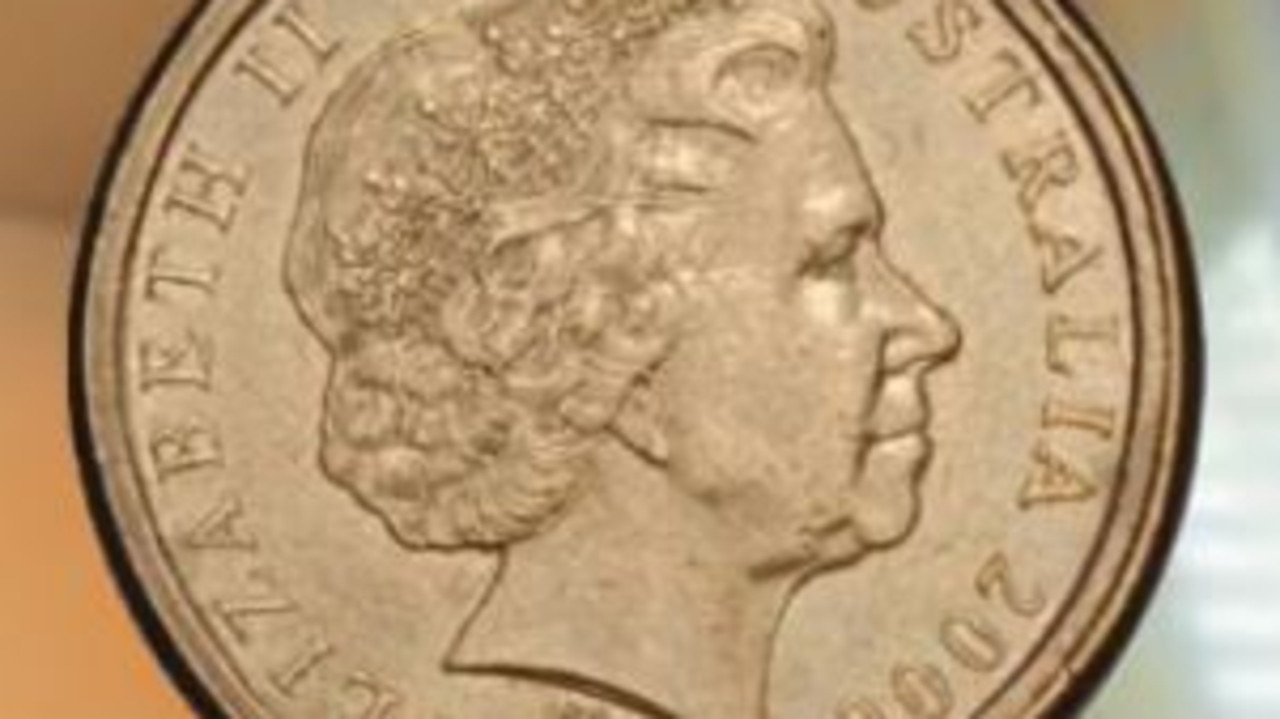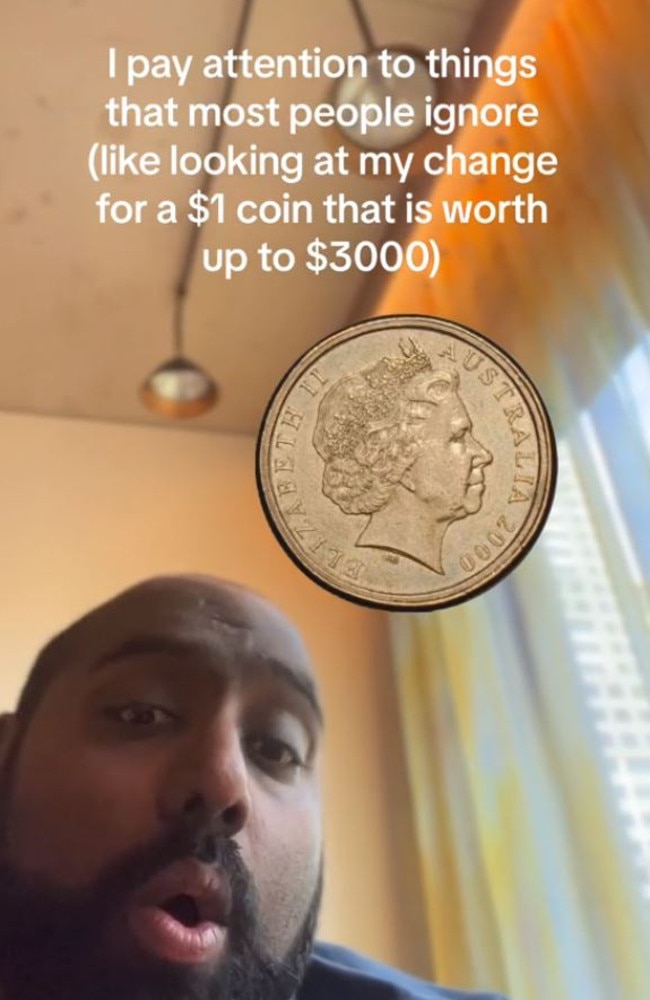Rare Australian coin in circulation could earn up to $3K, according to expert
Next time you find a $1 coin in your loose change take a closer look – it could be worth as much as $3000 to collectors.
Australians are being urged to check their loose change for a rare $1 coin that just might be worth as much $3000.
Perth-based coin expert and numismatist Joel Kandiah urged his 129,000 TikTok followers to keep an eye out for a $1 coin minted in 2000 that contains a significant error made by the Royal Australian Mint.
Mr Kandiah said the error could fetch the owner anywhere between $300 to $3000 in online markets, contingent upon the coin’s condition.

“In 2003, Australian coin collectors became aware of a significant coin error originating from the Royal Australian Mint,” Mr Kandiah stated.
“A batch of $1 coins from the year 2000 had been mistakenly produced using the incorrect obverse die (the head side) and subsequently entered circulation.
“Astonishingly, this error went unnoticed for a year or two.”
Mr Kandiah said the rare 2000 $1 coins, known as mules, had been struck with the Australian 10c obverse die.
“Given the mere 1.4mm difference in diameter between the 10 cent and $1 coin, this peculiar mistake led to the creation of the legendary 2000 $1 ‘mule’ coin,” he said.

Mr Kandiah said it was “relatively straightforward” to spot the difference between the rare coin and the normal coin.
“The smaller 10 cent die results in a pronounced double rim around the obverse of the coin, as clearly depicted in the accompanying image,” he said.
“Because of the smaller die’s usage, the obverse strike often appears off-centre, as does the double rim.
“Mules with well-centred obverse strikes typically command higher prices in the collector’s market.”
When a follower asked how many coins were expected to be in existence, Mr Kandiah said he believed as many as 7000 of these rare coins were in circulation from a total mintage of 7.6 million.






